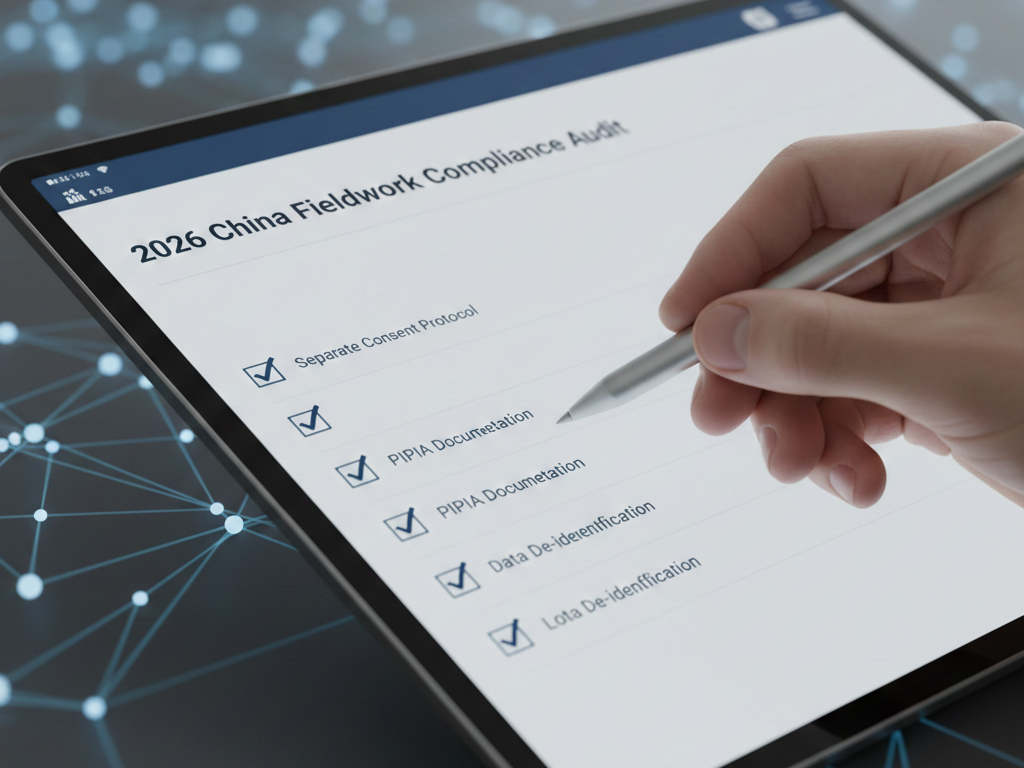Many researchers struggle to keep pace with the ever-changing world of AI tools due to the vast volume of data and the significant time needed to conduct thorough qualitative research like interviews and focus groups. With the rise of AI in everyday life, the unparalleled ability of artificial intelligence to process vast volumes of data, identify intricate patterns, and deliver actionable insights has now extended its reach to the domain of fact-checking.
However, it is crucial to recognize that precision in research requires more than just relying on algorithms and being cautious of the limitations of AI.
The Power and Limitations of AI Tools in Research
To date, automated approaches go beyond what manual processes can achieve. You can use AI tools at every step of your analysis, from data mining and collection to identifying reliable perspectives. The speed and efficiency with which these tools operate save time for researchers to focus on more complex and creative aspects of their work.
On the other hand, the limitations of AI research tools lie in the parameters and data they are fed to operate. That is to say, they lack the intuition and understanding that human researchers bring to the table. For instance, an algorithm might flag a statistically significant trend, but without human expertise, it may overlook underlying factors that could skew the results or misinterpret the findings.
Automated Tools Can Be Lifesavers, But Human Expertise Is Key

To ensure precision, it is vital to integrate human expertise at key stages of the research process. Here are three actionable practices researchers can use while integrating automation tools:
• Invest in Customizable AI Tools: One of the challenges with AI is that it can sometimes be too rigid. When conducting research in a dynamic environment where flexibility is key, this kind of limitation can hinder the effectiveness of the work. To overcome this, businesses should invest in customizable tools that allow researchers to modify parameters and adjust algorithms based on evolving needs.
• Cross-Check Results with Multiple Sources: Relying solely on a single AI-generated output can lead to inaccuracies. Researchers should cross-check findings with multiple sources to ensure the reliability and accuracy of the results.
• Streamline a Fact-Checking Workflow: Establishing an audit process that includes human oversight is critical. This workflow can help catch errors and make timely adjustments to automated processes, ensuring the integrity of the research.
The Future of Automated Research Tools
As technology continues to advance, the role of automated research tools will only grow. However, the future of research lies in striking the right balance between automation and human insight. By recognizing the strengths and limitations of algorithms, and by ensuring that they are used in conjunction with expert analysis, businesses can achieve a higher level of precision in their research outcomes.
At Youli, we're dedicated to providing meaningful insights into the healthcare and consumer landscapes. Discover how our commitment to excellence can benefit your research needs: https://www.youli.tech/
_1769067678558.jpg)

